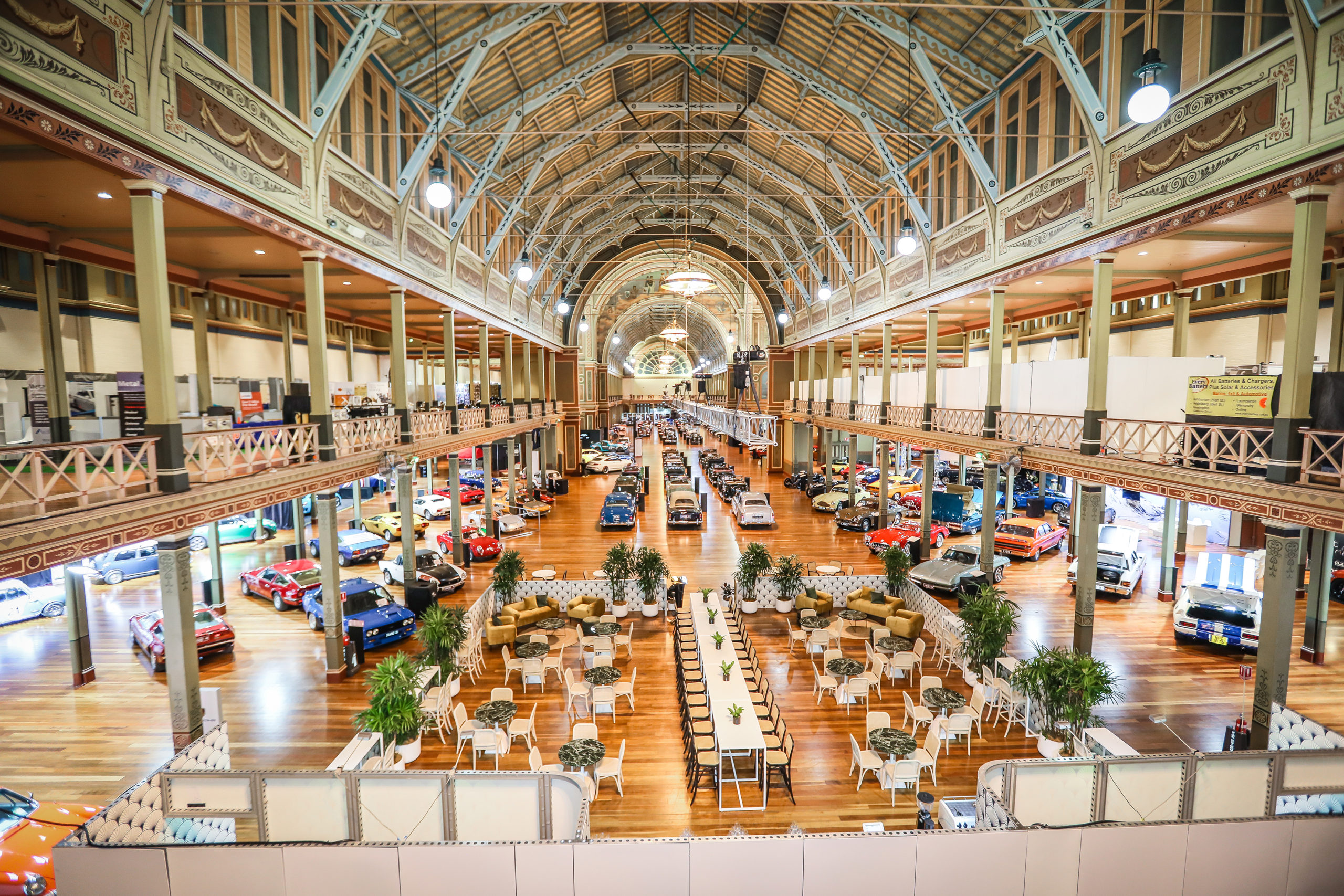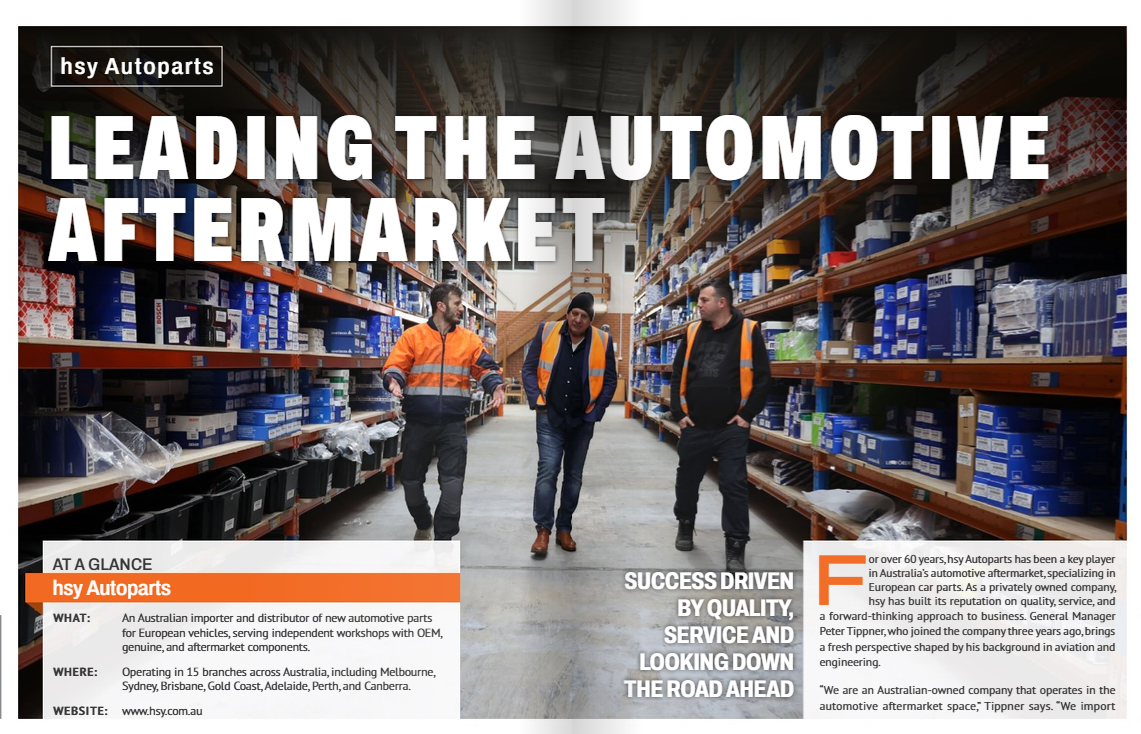Australia no longer stages an annual Motor Show. The last event was held in Sydney in 2012. Back then the annual Show alternated between Melbourne and the Harbour City, but dwindling support by the manufacturers, improved website content (plus social coverage), and lower crowd numbers brought them to their knees.
The thing about that 2012 Show was not what car makers were there, it was more about the brands that were missing in action. Alfa Romeo, Audi, BMW, Ferrari, Lotus and Maserati were all no shows. In fact, nearly 50 per cent of the brands sold in Australia failed to commit.
But it’s not just an Australian thing, a number of premium brands didn’t attend the last Tokyo Motor Show, while huge Euro brand like VW and Volvo, not to mention key Japanese marques, skipped Paris in 2018.
And then there was the crowd, or lack of it. Only 135,000 people walked through the doors in Sydney, and if you remove the car execs, journos, dealers and other VIPs, that number is even lower. It’s a far cry from the record high crowd of 320,000 that visited the 2001 show.
The local Motor Show used to be big. Local car makers used them to showcase the new Monaro or the latest generation Falcon or Commodore. Yes there was the odd regional premiere, but the big car manufacturers tended to save the all new models for the massive northern hemisphere Shows, like Paris, Frankfurt, Geneva, Tokyo or Detroit.
In the age before social media and dedicated websites, when prospective buyers used to get all their information off the dealership floor, Motor Shows were the perfect way to look at and touch your short list of cars in the one place. You could get brochures, speak to sales representatives and walk away armed with all the specs, features and optional extras that would help form your opinion on what to buy next. The buyer, after this, simply made contact with their preferred dealership and bought the car, without the need to visit a number of dealerships. It was perfect.
Now, you can get all the information you need from an OEM website, you can even build your perfect car.
It forced a change of focus from the manufacturers. Car brands would spend millions of dollars on a stand at the local Motor Show. Think of that. If they did eight Motor Shows in one calendar year – and most would do all the big ones – and each one cost one to two million dollars – this would swallow up $10 to $15 million of marketing budget and they still had to create local marketing strategies that cost mega dollars. And this is being ultra conservative. Some of the more impressive stands at big international shows can cost over $10 million.
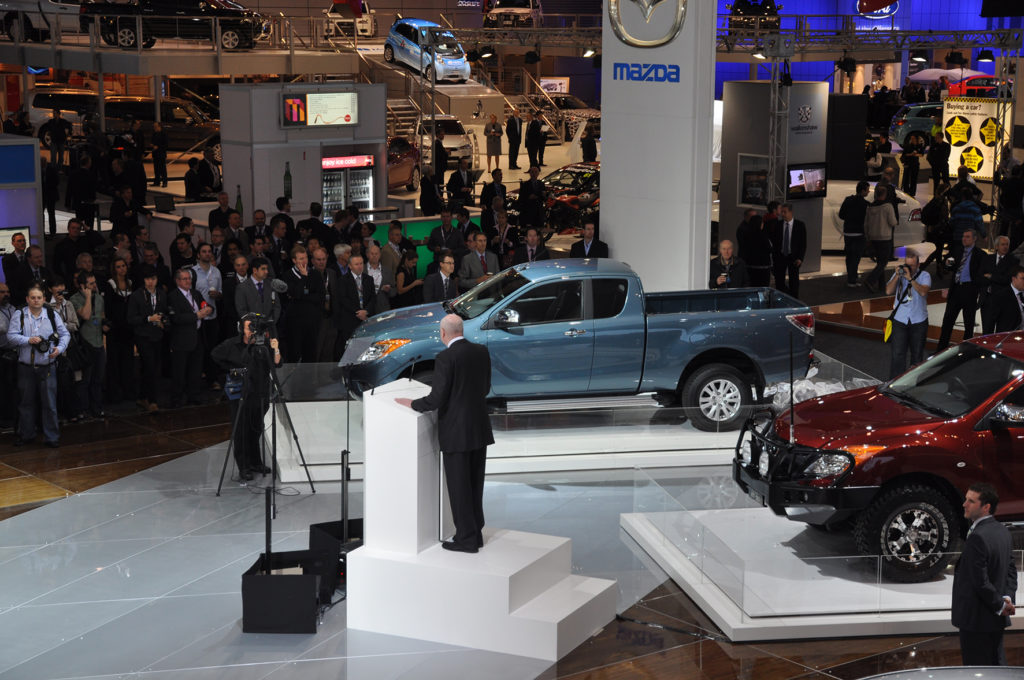
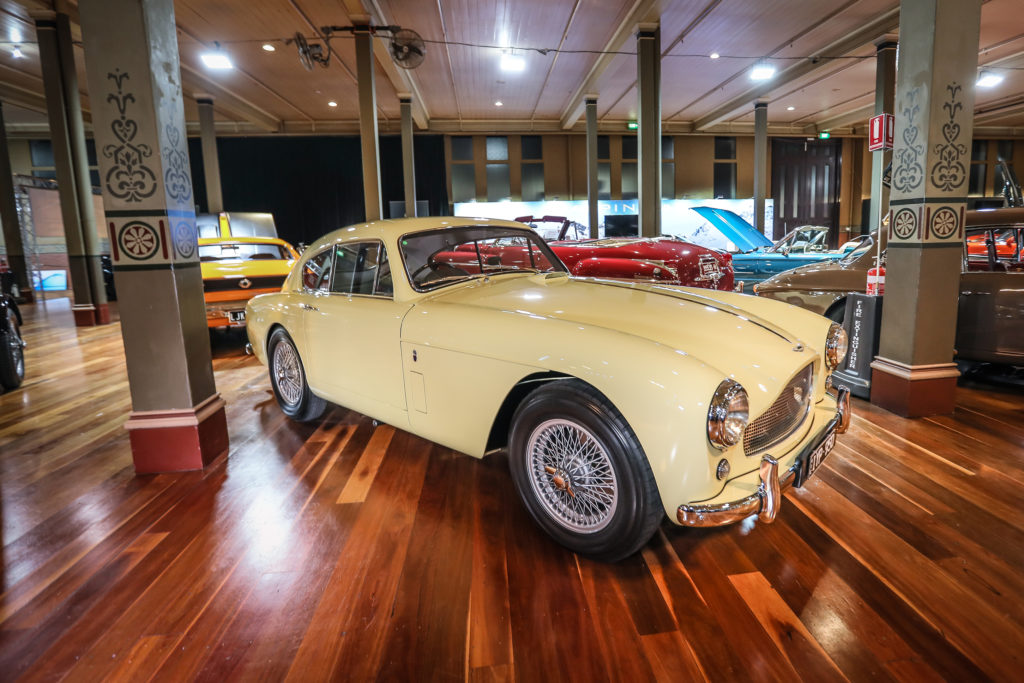
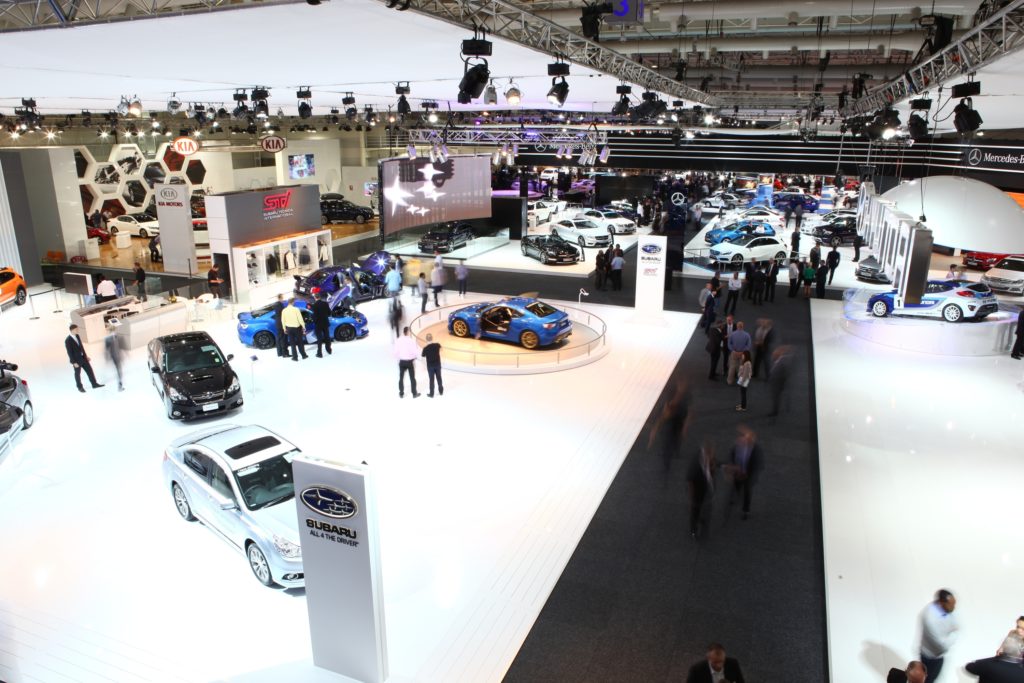
So, to invest so much and have a mere 135,000 seeing your new product represents a very low return on investment. You could spend that on a decent multi-month digital market campaign and reach millions of people.
Shows are also aimed at media. Hundreds of media descend on every show, eying new products for the first time, checking out concept cars, talking to manufacturer managing directors and executives, grabbing global headlines and covering the news. There were more reasons than one to stage a Show.
Then COVID-19 hit the world and most of the big Shows were called off. Media stopped travelling, car maker budgets were slashed or new car announcements delayed. So they had to come up with other ways to announce arrivals and generate mass publicity.
Most car makers went digital. They ran a Motor Show style launch at a small venue, with no live guests and linked the world on-line. The result? Some manufacturers saw as much, if not more, publicity generated from events of this nature compared to Motor Shows.
So what is the future of Motor Shows? Here, they’re long gone and won’t be back. However, specialty shows like Melbourne’s Motorclassica – which focuses on vintage cars – has tapped into a solid and ever-growing market. Same overseas with SEMA (Speciality Equipment Market Association) in Las Vegas, CES (Consumer Electronic Show) also in Vegas, and you could even include Goodwood (UK) – and they’re all attracting more manufacturer support each year.
While COVID-19 is still having a significant impact on any type of event globally, it’s fair to say that the pandemic has put an end to Motor Shows as we know them. Rest in peace.
